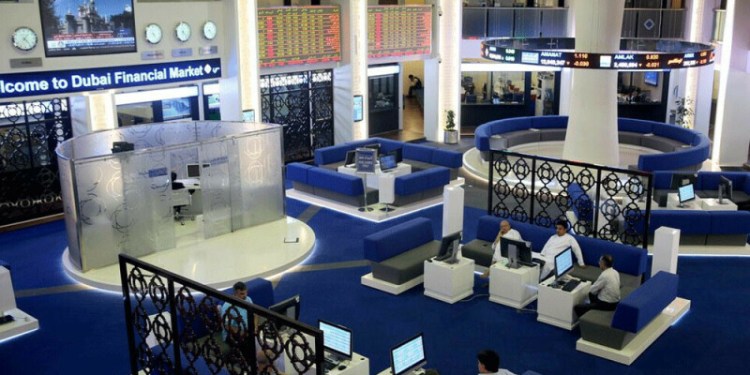By Yun Li
NEW YORK (LPC) – The high stakes trade confrontation between the U.S. and China is boosting the secondary loan prices of steel manufacturers and metals companies, but components manufacturers are potentially vulnerable to Chinese retaliation.
President Donald Trump’s proposed tariffs on Chinese goods are fuelling talks of a trade war that could crush global growth, and increasing political uncertainty is roiling the financial markets.
Rising volatility in the global stock markets is starting to be reflected in the SMi100, an index that tracks the 100 most widely held U.S. loans, as overall secondary loan prices weaken.
The SMi100 fell to 98.51 on Thursday from 98.61 on March 8 and is now 43bp lower than 98.94 on February 7, the highest point in 2018 to date, according to Thomson Reuters LPC data.
Trump directed U.S. trade officials to identify tariffs on another US$100bn of Chinese imports on Thursday, after China retaliated against an initial US$50bn of tariffs on steel and aluminum.
Domestic U.S. metals producers’ loans climbed in response. Canam Steel’s US$320m term loan due 2024 was quoted at 100.5-101.5 on Wednesday, up from 99.75-100.75 on March 6 before the tariffs were announced on March 8.
Big River Steel’s US$400 term loan was quoted at 102-102.75, above 100.75-101.5 in early March before the tariffs took place.
“For steel, there’s a direct positive impact on domestic producers. Within the leveraged finance market, the impact on that sector has been directly meaningful so far,” said Steven Oh, global head of credit and fixed income at PineBridge Investments.
COUNTERPUNCH
China’s retaliatory duties on key U.S. imports from the agriculture, aerospace and auto sectors on products including soybeans, planes, cars and chemicals have largely yet to feed through to the U.S.-centric leveraged finance markets.
However, companies directly targeted by the tariffs -component manufacturers and aerospace and automobile suppliers – are potentially vulnerable.
WP CPP Holdings, an aerospace component maker, was among the biggest losers in the secondary market on Wednesday. Its US$118m term loan fell to 99.25-100.25 on Wednesday from 99.75-100.5 on Tuesday, sources said.
“Nearly all aerospace component suppliers would potentially be exposed to the tariffs,” said Josh Rank, portfolio manager for Principal Global Investors Fixed Income. “However, due to large backlogs, it is likely that costs would be passed through leaving credit largely unimpacted.”
The U.S. leveraged loan market is less exposed than the broader equity markets or the investment grade loan and bond market, both of which have a more global perspective, said Rank.
“As the counter tariffs from China on U.S. products account for a tiny portion of the goods shipped between the countries each year and the loan universe doesn’t have much exposure to the tariffs, it hasn’t really affected the credit space aside from general market weakness caused by the policy uncertainty,” said John Lloyd, co-head of credit research and portfolio manager at Janus Henderson Investors.
Aerospace component manufacturers with significant exposure to U.S. firms like Boeing (NYSE:) could see a negative impact, rather than European Union companies, such as Airbus, which will be excluded from China’s levy, according to Oh.
Furthermore, the leveraged finance market could be caught in a sell-off of all risk markets if this is just the beginning of further retaliatory measures, Oh said.
“What you are seeing right now and what you will see initially is a negative impact on the equity markets, and that will filter through into leveraged finance markets because leveraged finance credit is closely correlated to equity,” he said.
Source: Investing.com


























